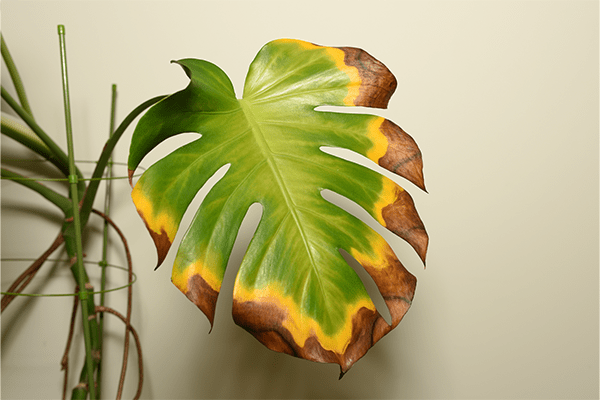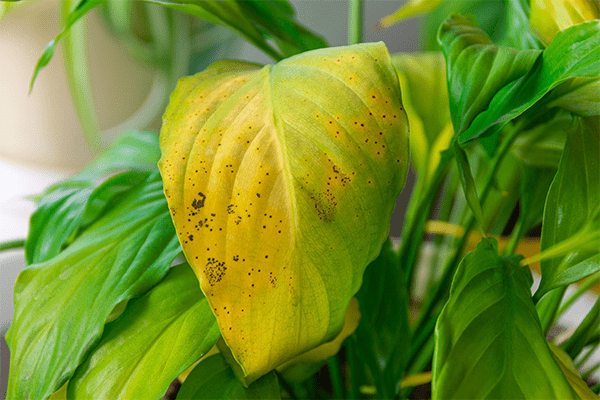Is hard water bad for plants?
Water is the essence of life and, as Leonardo da Vinci so eloquently observed, the driving force of all nature. When it comes to the natural beauty in your home or yard, have you stopped to think about what’s in the water your plants are drinking?
If you, like 85 percent of Americans, live in an area with some degree of hard water, it’s something you should consider.
Hard Water Issues

Hard water is water that is high in dissolved minerals, particularly calcium and magnesium. The minerals are harmless to human health but an annoyance for homeowners when they buildup in pipes and appliances, causing stains on clothes and dishes and unwanted repair and heating bills.
For plants, however, the minerals calcium and magnesium can be beneficial for their growth, depending on the hardness level of your water and the type of plants you are growing. Hard water usually has a higher pH level, which means it is basic (or alkaline). For acid-loving plants, such as azaleas, rhododendrons, hydrangeas, or daffodils, this could be a problem. If your plants show signs of distress, such as pale or yellow-colored leaves, you should consider adding an acidic fertilizer to your watering regimen.
Also, you may need to repot plants watered with hard water more frequently to prevent the buildup of calcium in the soil. If you see white, chalky calcium deposits on the leaves, you can wipe them down with a mixture of water and a simple acid solution like lemon juice or vinegar.
Softened water is not the right choice for plants.

Softened water is not the right choice for most plants. Most water softeners work through ion exchange. The calcium and magnesium are removed from the water and replaced with salt. While the salt content from water softening isn’t enough to make your water taste salty or to impact blood pressure in most healthy adults, it is too much for your plants. The sodium in the water will eventually affect the soil and make it difficult for your plants to take in enough moisture. So even though the soil is damp, the plant is still browning.
If you’ve installed a water softener at your home, there are several things you can do to keep it from impacting delicate foliage:
- Have a bypass valve connected on the exterior of your house to take water from the line before the softener treats it
- Use a rain barrel to collect rainwater for watering your indoor and outdoor plants
- Water indoor plants with bottled water
- Soften only the hot water supply line for your home
Have more questions about your water for your home or garden? We’re always here to help. Call or email us today to speak to an Indy Water Pro.





